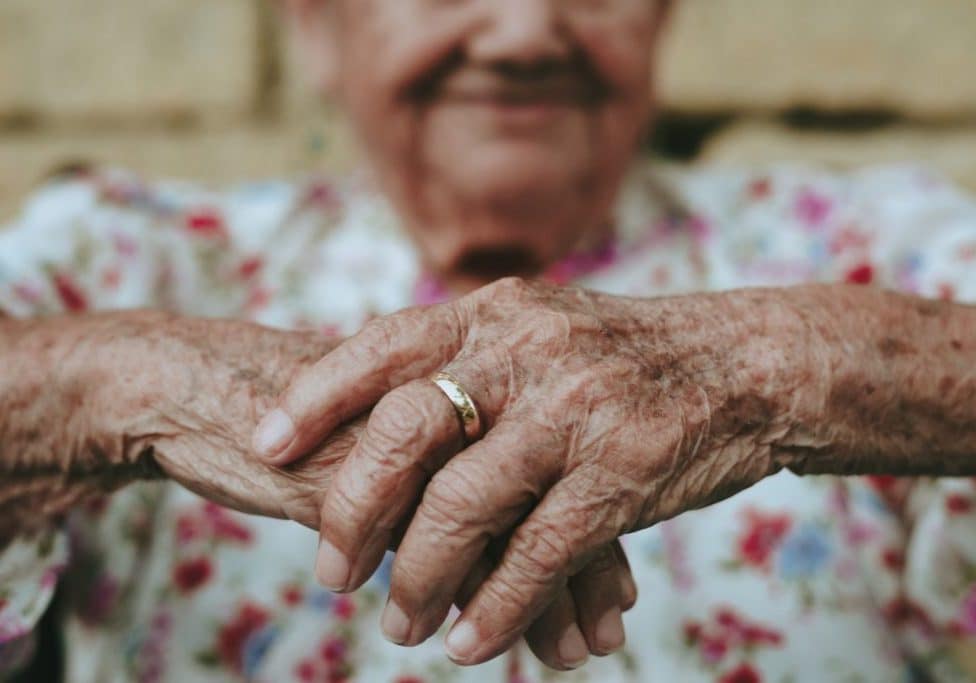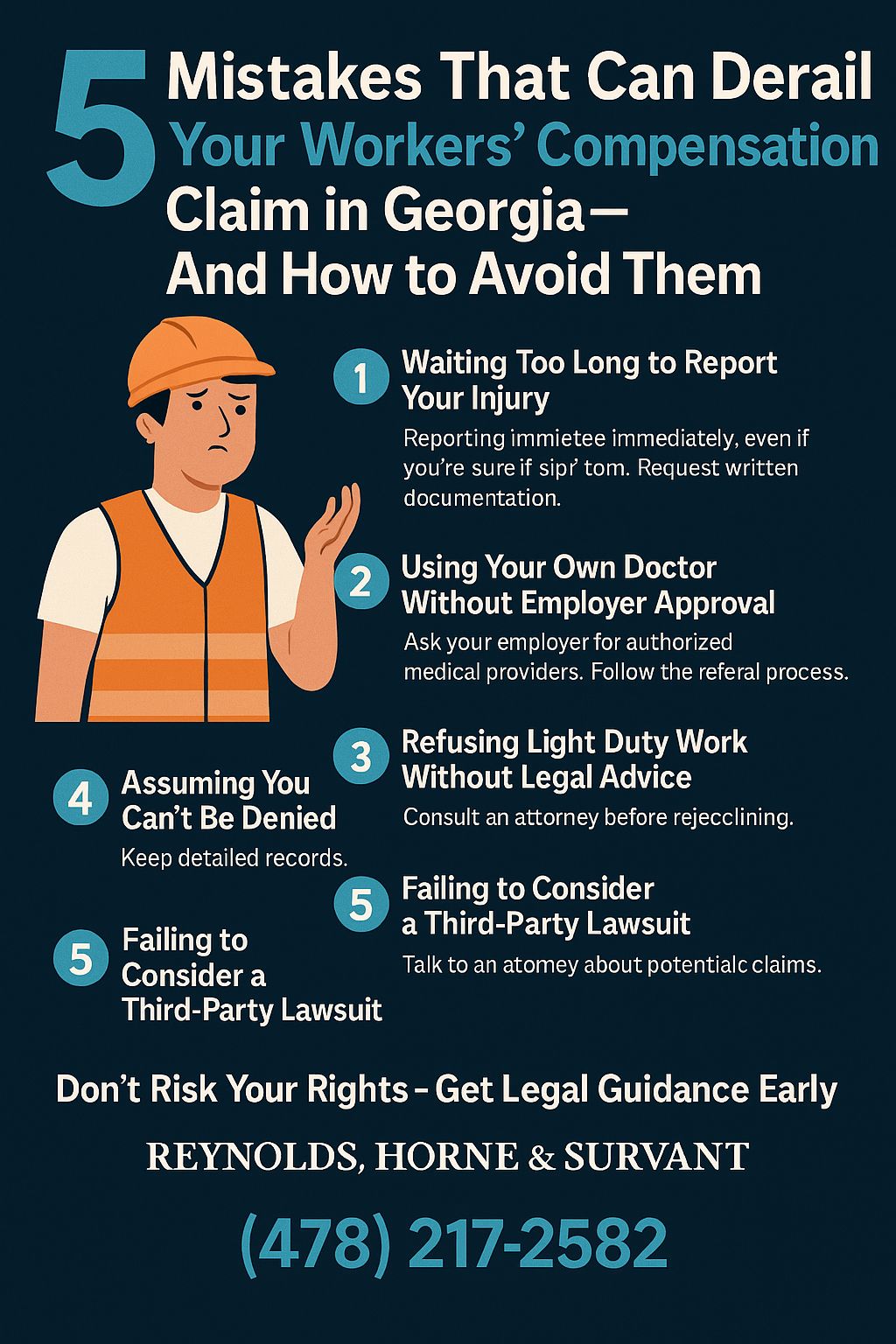If you’ve ever felt that something “wasn’t quite right” during a visit to your loved one in a nursing home, you’re not alone. Families often have instincts long before there’s tangible evidence—before a bruise forms, before weight loss becomes visible, before bills go missing or confusion becomes chronic. And in many cases, those instincts are the first, quiet warning signs of neglect. The challenge is, how do you protect someone when you’re not there 24/7? What do you do when your loved one can’t articulate what’s wrong—or doesn’t even realize what’s happening? And when do you stop documenting and start involving legal help? These are hard questions. But if you’re asking them, it’s time for real answers.
At Reynolds, Horne & Survant, we don’t just file lawsuits after the damage is done—we step in early to help families understand their options and create a protective plan before things get worse. We’re based in Macon, GA, but we work with families across the region who want to take a more proactive role in protecting aging parents, spouses, or grandparents in long-term care facilities. Here’s how we help—and how you can help, too.
Understanding “Subtle” Neglect Before It Escalates
Not all neglect is obvious. In fact, some of the most damaging patterns happen slowly—through missed medications, rushed hygiene routines, skipped meals, and staff who seem constantly overwhelmed or evasive. If you notice that your loved one appears withdrawn, confused, or physically weakened in ways that feel unusual, don’t dismiss it. Ask gentle, open-ended questions. Document what you see, even if it seems small. Note changes in behavior, environment, or caregiver consistency.
It’s not about being accusatory—it’s about paying attention. And your notes might eventually become the difference between “we think something’s wrong” and “here’s the pattern we’ve observed over the last three months.”
What You Can Do—Right Now—to Help Safeguard Their Well-Being
Many families feel helpless because they don’t know what actions they’re allowed to take or what will actually make a difference. Here are some immediate, powerful steps:
- Visit Often—and Unpredictably: Consistency matters, but so does spontaneity. Staff will behave differently when they expect you and when they don’t.
- Talk With, Not At, Your Loved One: Open with questions like, “What’s your favorite part of the day?” or “Is there anything you wish was different about how they care for you here?”
- Take Photographs of Conditions: If the room is unclean, if your loved one appears unbathed, or if something looks unsafe—photograph it. You’re not overreacting. You’re protecting.
- Keep a Simple Journal: Log dates, issues, staff names, meal quality, or anything that concerns you. It’s not about gathering evidence—it’s about building awareness.
- Don’t Be Afraid to Ask Questions: How many residents is each staff member assigned? Who administers medications? What’s the protocol for injuries or illness?
When to Call an Attorney (Even If You Don’t Plan to Sue)
Here’s something most people don’t realize: you don’t need a court case to speak with a nursing home negligence attorney. In fact, the best time to involve legal guidance is before you’re sure something is wrong. Attorneys can help families:
- Understand what standards of care are legally required
- Evaluate whether certain practices are violations
- Draft formal concerns or requests to facility management
- Prevent future harm by documenting early warning signs correctly
- Protect power-of-attorney rights and ensure financial safety
Legal intervention isn’t always about building a lawsuit—it’s often about strengthening your ability to advocate effectively. It changes the conversation from “concerned visitor” to “informed representative.”
Advocating Without Being Dismissed
One of the most frustrating experiences for family members is being brushed off. You might hear, “That’s just part of aging,” or “He’s confused again,” when you bring up valid concerns. The truth is: you deserve better answers. And when you speak with the support of an attorney—someone who understands the regulations these facilities must follow—you’re far less likely to be ignored.
We often advise families on how to structure formal communications with facility administrators, how to request medical records, or even how to transfer a loved one to a safer environment, all without initiating legal action. These protective moves often stop bad patterns before they escalate—and send a clear message that someone is watching, and someone cares.
Every Day You Wait, the Pattern Grows Stronger
It’s hard to act when you’re not sure. It’s even harder to imagine something dark happening behind a professional smile. But too many families have told us the same thing: “We had a feeling, but we didn’t want to make trouble.” You’re not making trouble. You’re making space for safety, dignity, and accountability.
Ready to Talk? We’re Ready to Listen.
If you have concerns—whether clear or just a gut feeling—talk to us. We’ve handled complex elder care cases in Macon and throughout Georgia, and we understand how to step in quietly, professionally, and without unnecessary escalation. You don’t need evidence. You don’t need permission. You just need to trust your instincts and start the conversation.
📞 Call us at (478) 217-2582 today for a confidential, no-obligation consultation.
We’ll help you protect your loved one—because you shouldn’t have to do it alone.





